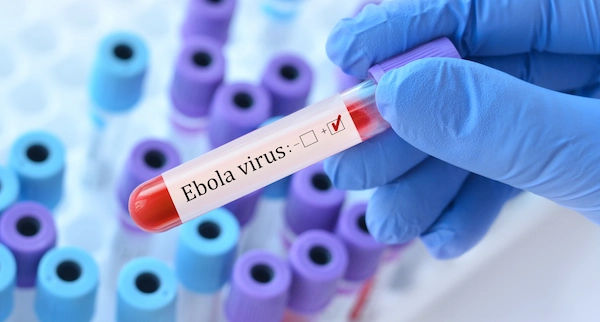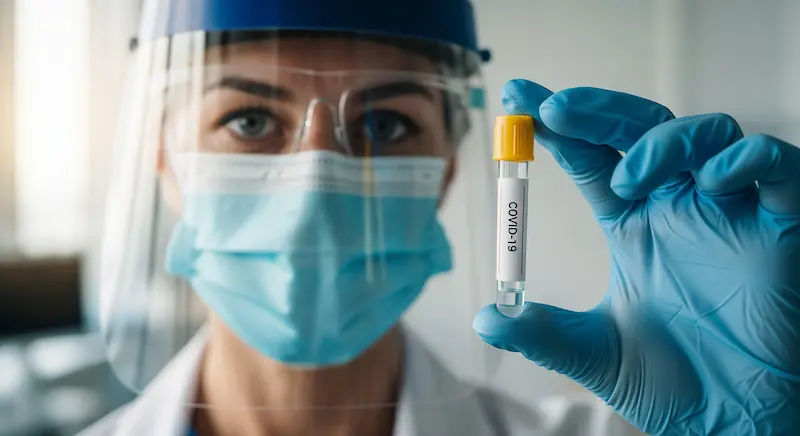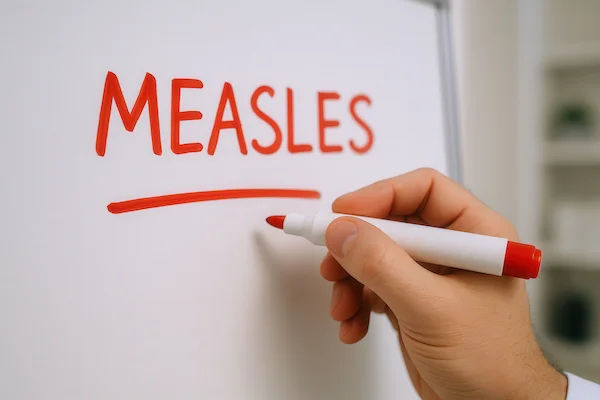- male
- 30 Years
- 22/01/2025
I'm really concerned about something that happened a year ago. I had an encounter with a prostitute, and during sex, the condom ripped. Although I didn't fully penetrate her, my penis did come into contact with her vagina. She assured me there was no risk, but I'm still worried. I'm not sure if she had HIV, and if there's a chance I might have contracted it. Should I consider getting an HIV test?
Answered by 1 Apollo Doctors
Considering the potential exposure to HIV, it is advisable to get tested for HIV. You can take a combination of antiretroviral drugs such as Truvada (emtricitabinetenofovir) as post-exposure prophylaxis (PEP) within 72 hours of the exposure to reduce the risk of HIV transmission. It is also recommended to get tested for HIV using a fourth-generation HIV test, which can detect both HIV antibodies and antigens. Follow up with your healthcare provider for further evaluation and management.
Dr. Ranjith Suggests...
Consult a Infectious Disease specialist
Answered 04/07/2025
0
0

More Infectious Disease Health Queries
View allI was bitten by a dog about 13 years ago and didn't get any vaccinations at that time. I've come across some articles suggesting that rabies can appear even 25 years after a bite. I'm really concerned and it's been affecting my daily life. Should I consider getting the rabies vaccine now?
u tak vaccine
Answered by 1 Apollo Doctors
I'm a bit worried and need some advice. I had protected intercourse recently, but I'm still planning to get the HIV 1 and 2 tests done just to be safe. I'm wondering if I could get accurate results in 23 days, or does it usually take longer for a final confirmation? Any suggestions on how this process generally works?
You Can get it done at any time but repeat the test after 6 months from now
Answered by 1 Apollo Doctors
I've been worried about a recent encounter I had with a sex worker. We had a mouth-to-mouth kiss and there was probably some saliva exchanged. I also licked her breasts a couple of times, but there was no lactation. I haven't had any dental problems either, so I'm just wondering if there's any chance I could contract HIV from this situation. There wasn't any other sexual contact, like oral, vaginal, or anal sex involved. Could you shed some light on this for me?
The risk of HIV transmission through oral sex with a man is very low because the mouth is an unfriendly environment for HIV. Saliva contains enzymes that break down the virus and the mucous membranes in the mouth are more protective than anal or vaginal tissue
Answered by 1 Apollo Doctors
Disclaimer: Answers on Apollo 247 are not intended to replace your doctor advice. Always seek help of a professional doctor in case of an medical emergency or ailment.



.webp)

